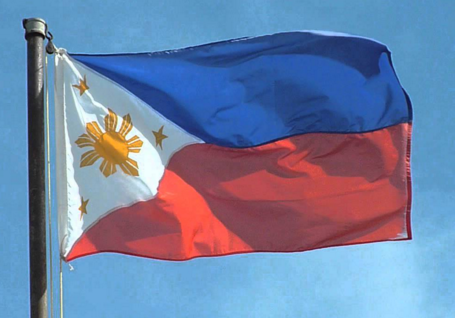On 6 September 2023, the International Commission of Jurists (ICJ) made a submission to the Committee on the Elimination of Discrimination against Women on the implementation of the Convention on the Elimination of All Forms of Discrimination against Women (CEDAW) by the Philippines.
The ICJ’s submission addresses the following concerns affecting women’s enjoyment and exercise of their human rights guaranteed by CEDAW in the Philippines:
- The retention of penal provisions that discriminate against women, including criminal provisions on “abortion” and “marital infidelity” (CEDAW, articles 1, 2, 12 and 16);
- The lack of gender-specificity of operational standards in penal facilities with respect to women deprived of their liberty (WDL) (CEDAW, articles 1, 12 and 12);
- The significant barriers that impede the ability of women to effectively access justice and redress for acts of online gender-based violence (OGBV) (CEDAW, articles 1, 2, 5 and 15); and
- The discrimination, violence and abuse faced by lesbian, bisexual and transgender (LBT) women, including members of LBT organizations and LBT human rights defenders, and the additional barriers they face when trying to access justice and effective remedies (CEDAW, articles 1, 2, 7 and 15).
In light of the above concerns, the ICJ calls on the CEDAW Committee to make the follow recommendations to the authorities of the Philippines:
In relation to discriminatory penal laws:
- Repeal articles 333 and 334 of the RPC and, instead, treat “marital infidelity” as a breach of the marriage contract that should be addressed through civil remedies rather than criminal liability;
- Decriminalize abortion, including aiding, assisting with, or providing an abortion, or abortion-related medication or services; or providing evidence-based abortion-related information; and
- Ensure access to safe, legal and effective abortion particularly when the life and well-being of the pregnant woman is endangered; when continuing the pregnancy would lead to significant pain, suffering or distress; in cases of pregnancy resulting from rape or incest; or non-viable pregnancies.
In relation to the treatment of WDLs:
- Institutionalize a standard of treatment of WDLs that is compliant with international standards, including the Bangkok Rules, ensuring that amendments to existing legal and procedural frameworks account for the gender-based needs of WDLs; and
- Make much greater use of non-custodial alternatives to pre-trial detention.
In relation to OGBV:
- Review and amend existing laws relevant to OGBV to ensure effective responsiveness to all forms of OGBV, and passing the bill amending the Anti-VAW Act;
- Strengthen the implementation of laws to address OGBV and take appropriate measures to ensure effective access to justice for OGBV survivors/victims;
- Establish a comprehensive legal procedure to address urgent requests to prevent and remove the publication of harmful online content amounting to OGBV; and
- Provide adequate and continuous capacity-building training to justice sector actors, including law enforcement officials, public prosecutors, judges, lawyers and government service officials, on the application of international human rights law and standards to the investigation, prosecution, adjudication and sentencing of OGBV-related criminal offences.
In relation to LBT women:
- Provide access to legal recognition of gender identity in a manner consistent with the right to freedom from discrimination, equal protection of the law, privacy, identity and freedom of expression;
- Enact comprehensive anti-discrimination laws recognizing SOGIE as protected characteristics and prohibit discrimination on such grounds;
- Adopt specific legislation to prohibit, investigate and prosecute violence against LBT women, in line with international human rights law, and ensure that homophobia, misogyny, biphobia and transphobia be considered as aggravating circumstances for sentencing purposes; and
- Guarantee the right to an effective remedy for LBT women who have suffered harm resulting from human rights violations and abuses, and take steps to eliminate barriers to access to justice for LBT women, including through adequate and continuous capacity-building training to justice sector actors to eliminate LGBT stereotyping and incorporating an LGBT perspective into all aspects of the justice system.
The submission is available in PDF here.

